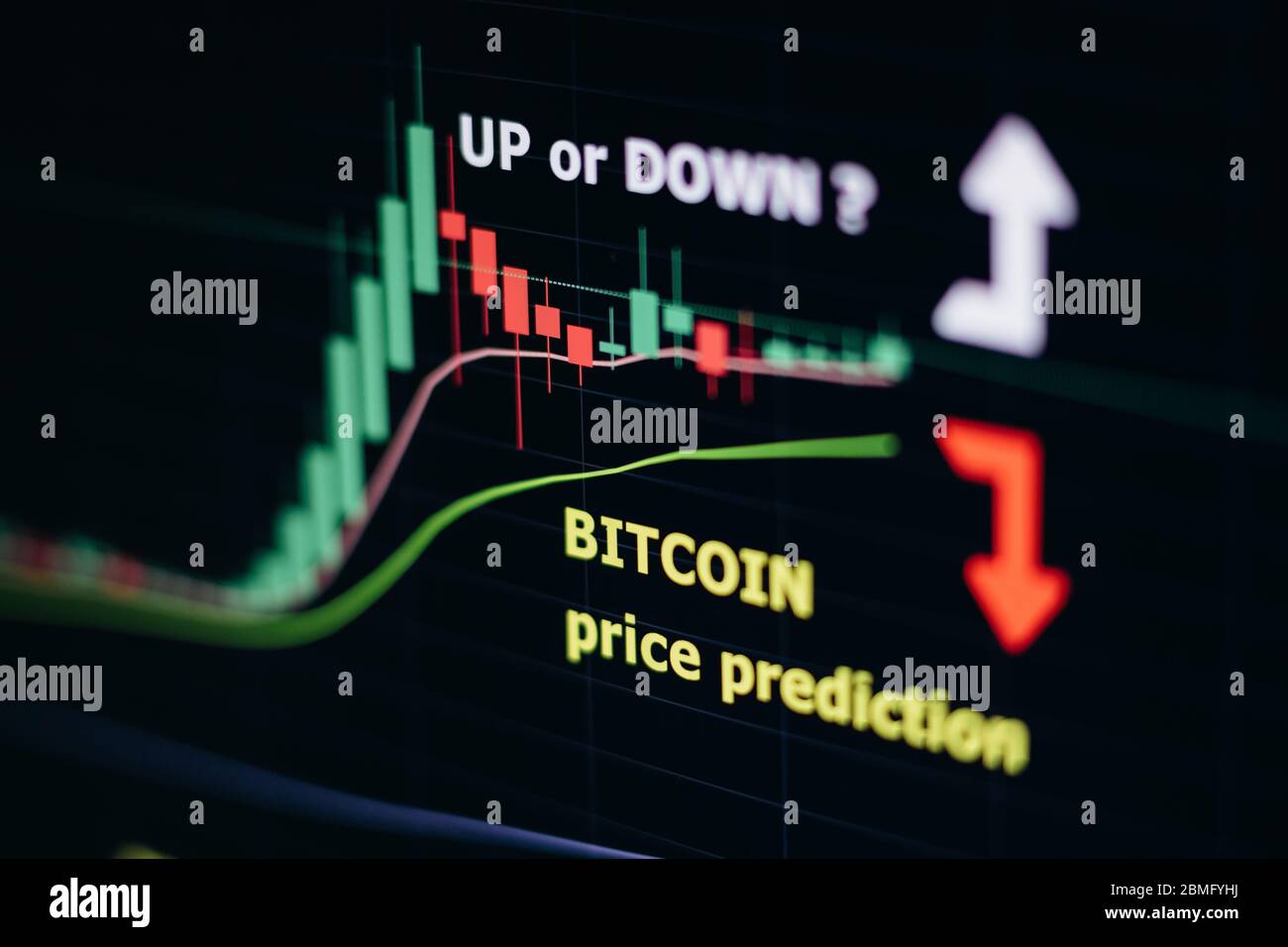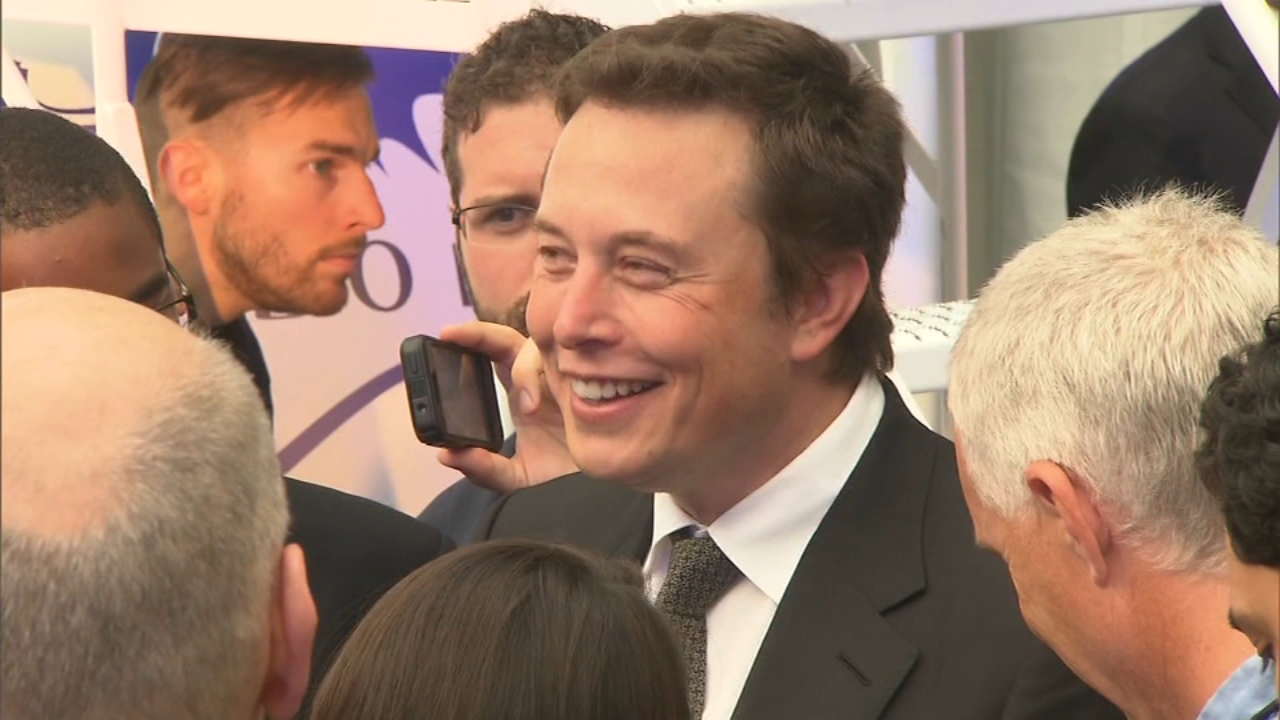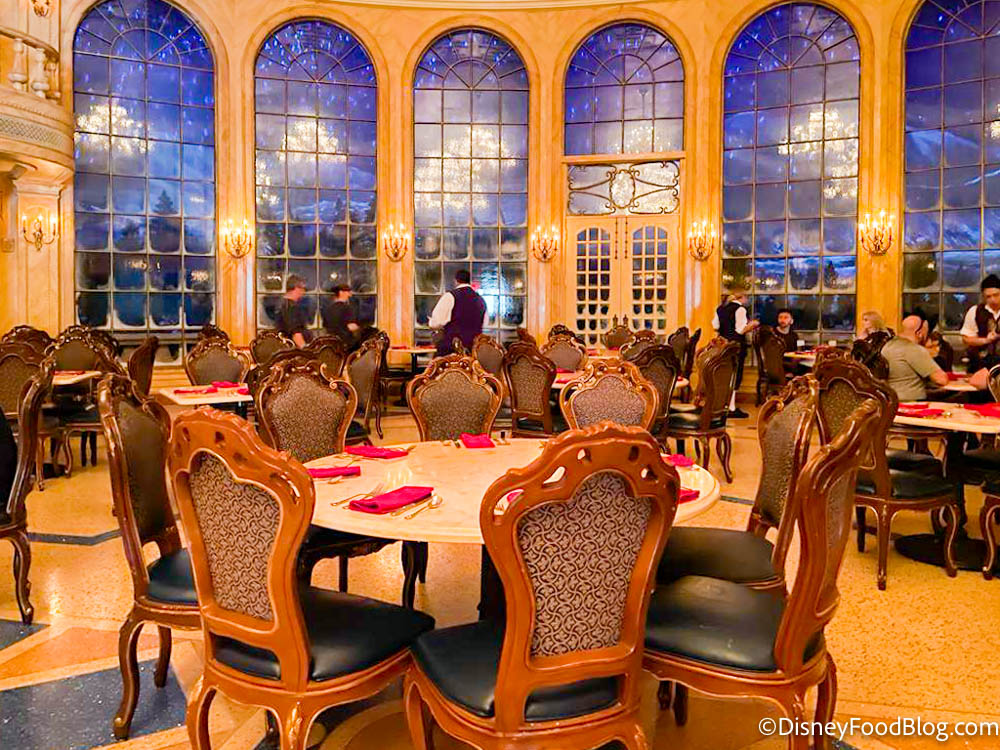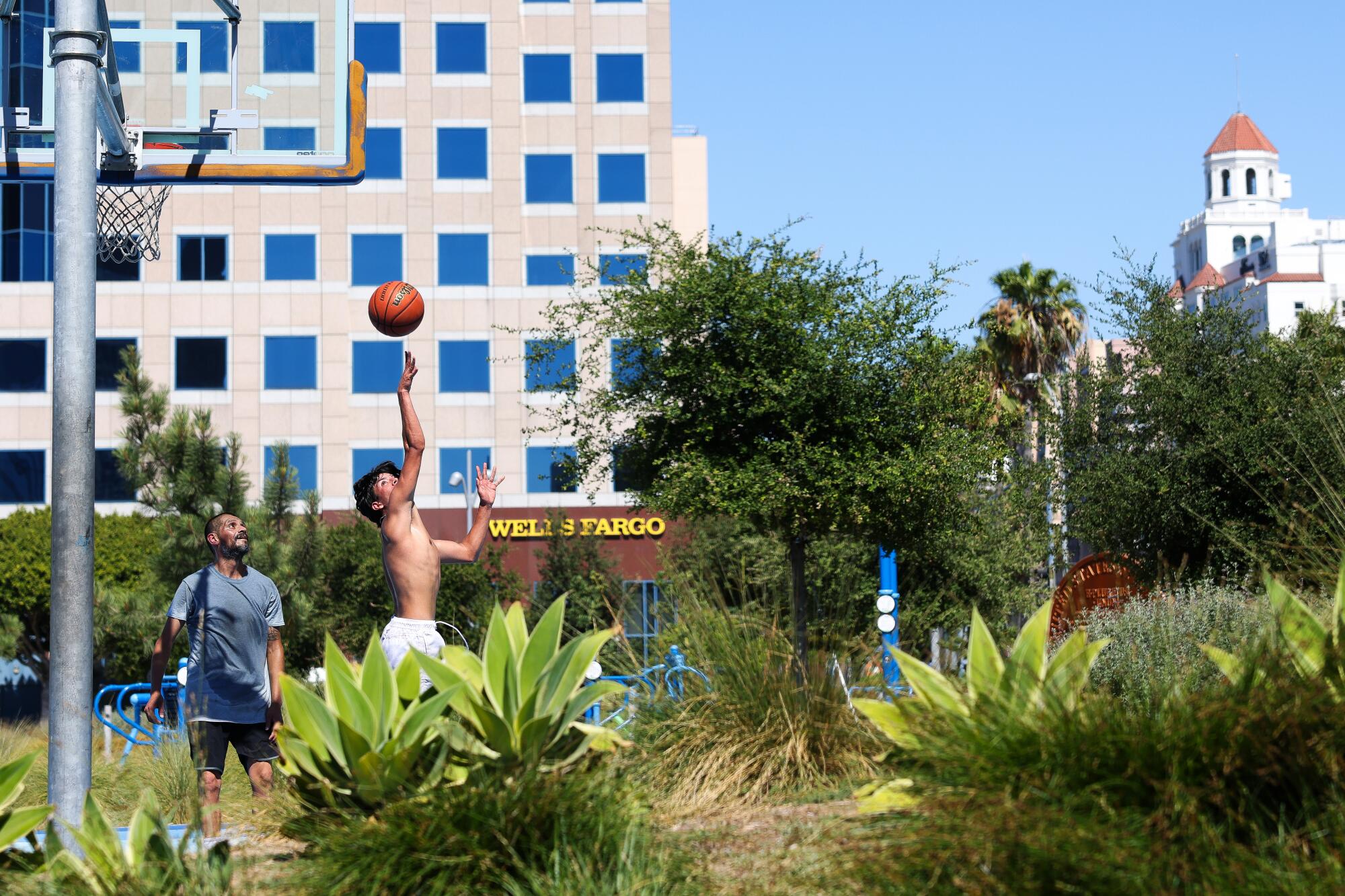D.C. Pursues Commanders: A Look at the Prospective NFL Stadium Impact
As the District of Columbia pushes to secure the relocation of the Washington Commanders, city officials have released a preliminary report detailing the potential economic benefits of a new NFL stadium in D.C. The analysis, unveiled on June 13, 2024, paints an optimistic picture of not only job creation but also the broader impact on the local economy.
Economic analysis surrounding the potential new stadium.
Economic Projections and Skepticism
According to the report, a mixed-use development anchored by an NFL stadium could generate an estimated 2,095 jobs annually and contribute approximately $1.26 billion to the yearly economic output of the region. This calculation takes into account the successful integration of sports facilities into the urban landscape, where they coexist alongside retail and residential developments. Mayor Muriel E. Bowser has been advocating for this concept as part of her vision for redeveloping the RFK Stadium site into a sports and entertainment district.
However, the report has encountered skepticism from some economists and at least one city council member. Critics argue that while the proposed stadium might draw visitors, its actual economic impact could be overstated. Nathan Jensen, a sports subsidy expert, suggests that the influx of sports fans might simply displace other spending in the district rather than create new economic activity.
Mixed Reviews from City Leadership
Bowser’s administration is navigating a competitive landscape as it vies for the Commanders against both Maryland and Virginia. The $394,000 study was commissioned amidst ongoing discussions about upgrading several city sports venues, including the National’s Capitol and the Capitals and Wizards’ facilities.
Council member Charles Allen has been vocal about his reluctance towards pursuing a new NFL stadium, arguing that it would be underutilized throughout the year, often left “dark 90 percent of the time.” He asserts that any claimed economic activity around the stadium would primarily benefit the neighboring businesses rather than the stadium itself.
The Broader Picture of Sports Economics
The overarching narrative in sports economics suggests that newly constructed stadiums often do not deliver the anticipated economic booms. An analysis covering 42 years of professional sports teams concluded that major sports franchises typically have “no significant impact” on wage levels in the local economy. This finding resonates across various studies examining employment and sales data in sports-impacted areas.
Research shows mixed results on the impact of stadiums.
While the report highlights that 88 percent of visitors to major venues in the District come from outside the city, doubts remain about their spending habits. Jensen points out that these fans are likely to have a reason for being in D.C. beyond the game, indicating that simply hosting a stadium doesn’t ensure economic windfalls for residents.
A City Divided
The public’s reaction mirrors the division among city leaders themselves. On June 13, during a radio interview, Bowser emphasized the benefits of surrounding developments to sports facilities, referencing projects like Capital Riverfront and Downtown D.C. She believes that integrating a new stadium into a vibrant community will foster economic prosperity.
In stark contrast, critics like J.C. Bradbury caution against prematurely endorsing such assumptions. Bradbury notes that aligning with decades of research casting doubt on the economic promises of new stadiums does not lend credibility to the current study’s findings. He challenges the report’s assumptions to be tested and refined through peer-reviewed methods.
Conclusion: The Future of D.C.’s Sports Landscape
As the quest for an NFL home continues, the D.C. government faces the dual challenges of convincing citizens and securing the economic viability of the proposed venues. The prospect of a revamped RFK area incorporating a state-of-the-art stadium holds considerable allure, but the practical implications of such a development remain contentious. The conversation about sports, economics, and community impact will likely intensify as the city moves closer to finalizing its plans.
Looking toward the future of sports infrastructures in D.C.
Ultimately, as discussions unfold, D.C. residents must weigh the potential benefits against the historical context of sports financing and urban development. As the Commanders consider their next touchdown location, D.C.’s vision may just be at the starting line of a broader transformation.


 Photo by
Photo by 












